How to Plan a Trip: A Month-by-Month Guide
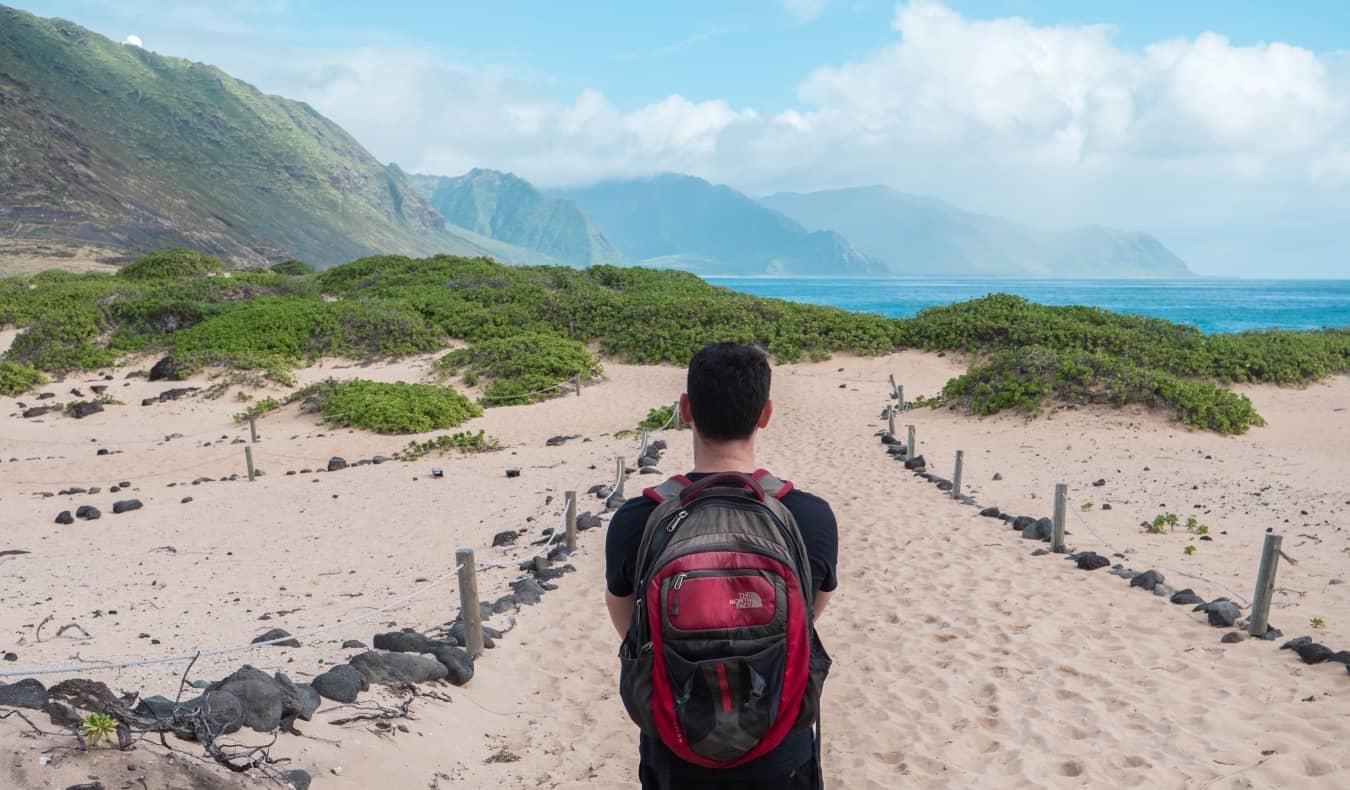
Posted: 4/2/2024 | April 2nd, 2024
Trip planning can be a daunting task. Flights, insurance, gear, itineraries, accommodation, and so much more all need to be considered and sorted out before you go.
It’s easy to get overwhelmed, especially when you haven’t done something like this before.
After over close to twenty years of traveling the world, I’ve planned countless trips and vacations for myself, friends, and family, even group tours. In the beginning, it was trial by fire. I learned a lot of lessons the hard way. However, that helped me develop an efficient checklist that ensures I don’t miss anything important during the trip-planning process.
One big question I get asked a lot is when to start planning. To answer that question, this post breaks the planning process down into month-by-month steps so you can plan your next trip with ease.
Here’s how to plan a trip:
12 Months Out: Decide on Your Destination(s)
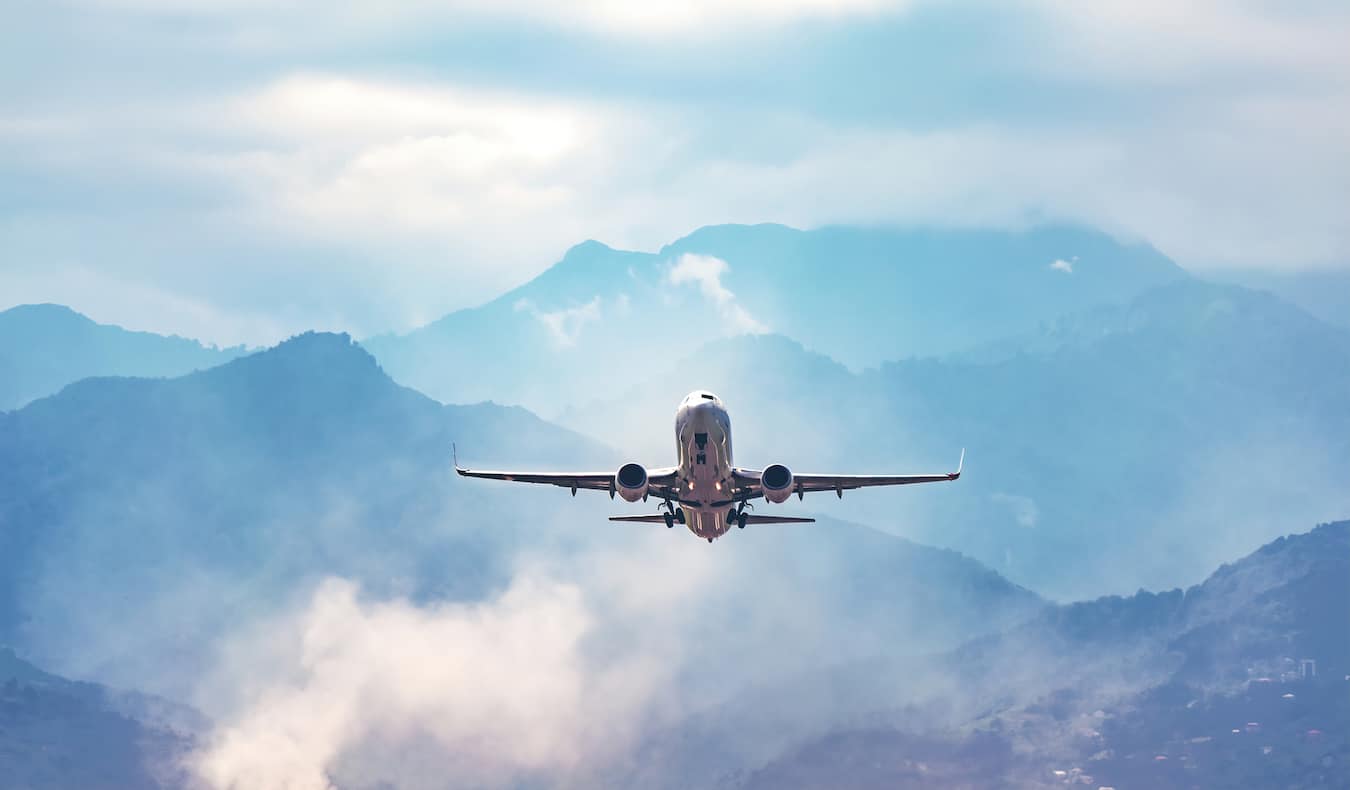
A lot of people talk vaguely about travel: they never say where they are going, just that they are going. They might talk about it for years before actually departing (if they go at all). But it’s much easier to reach and plan for the goal of “I am going to Paris for two weeks this summer” than “I’m going somewhere.”
If you already have a dream destination in mind, great! If not, here are some posts to help you get started:
But, this far out, the real thing you want to do is start saving money and figuring out your costs. Accommodation and flights are the obvious ones, but how much do restaurants, attractions, and other activities cost? Knowing these costs will allow you accurately estimate how much money you’ll need. Here is how to research costs:
- Buy a guidebook
- Check out my free travel guides (we break down all costs for each destination)
- Skim the cost of living on Numbeo.com
- Google prices for major activities you want to do, such as scuba diving, winery tours, etc. (Get Your Guide is a good place to start)
- Use Skyscanner or Google Flights for flight prices and sign up for alerts to get emails if the price changes
- Use Discover Cars to price out (and book) a rental car if you need one
- Use Booking.com and Hostelworld to research accommodation costs
That may seem like a lot but you just want to get a general idea of how much you need to save. You can head to this page to see all my articles on how to save money for your trip.
12 Months Out: Start Collecting Points & Miles
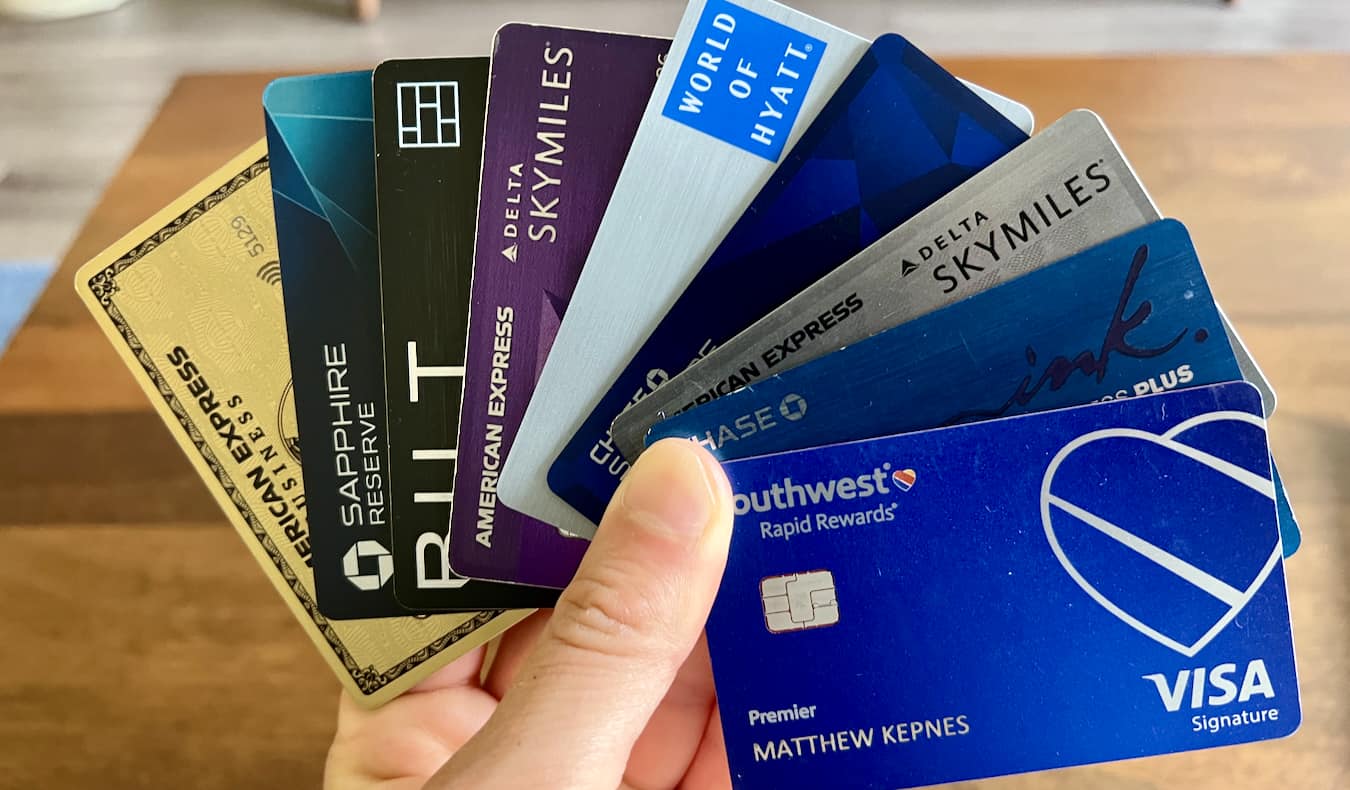
While you’re working to save money, get a travel credit card so you can earn miles and points for free flights and hotel stays. It’s what has kept my costs down and me on the road for so many years.
These days, most cards have welcome offers of 60,000-80,000 points (some can be as high as 100,000) when you meet their minimum spending requirement (generally $2,000-5,000 USD within a 3–6-month time frame). That’s enough miles for a free round-trip economy flight to Europe from the East Coast of North America.
For more information on this subject, check out these posts:
In addition, get a fee-free ATM card. I use Charles Schwab, but there are lots of other banks that don’t charge ATM fees (don’t forget to check your local banks and credit unions too). Here’s how you can avoid bank fees while traveling.
8 Months Out: Visa Requirements, Passports, and Vaccines
While you likely won’t need a visa to your desired destination, you should still check to make sure. If you’re a US citizen, use the State Department’s search tool to learn about your destination’s entry requirements. (Canadians can use this search tool.)
Additionally, make sure that your passport is valid for at least six months after your trip ends. Many countries require this for entry. Passport application and renewal wait times can be long (the standard is 6-8 weeks in the US), so do this as soon as possible.
Also, research if you need any vaccines for your trip as many countries require vaccines to enter (and I don’t mean COVID). You can learn more about country requirements and recommendations at the CDC’s website. They can help you find a clinic near you as well (if you’re in the US).
4-6 Months Out: Book Your Flight

The best time to book your flight is generally around 3-4 months before your departure, or 5-6 months before if you are going during a destination’s peak season. This isn’t a hard-and-fast rule, though, so use it as a guide.
Here are two articles on how to score a cheap flight:
If you’ve signed up for a travel credit card and received your sign-up bonus, use your miles to book your flight and/or hotel. The further out you book, the more availability there will be. Use tools like Point.me and Awayz to help you find the best redemptions on your points (for flights and hotels, respectively).
But even if you aren’t using miles or didn’t find a cheap flight deal, there are still many ways to avoid being the person on the flight who paid the most for their ticket. My two favorite sites for finding cheap airfare are Skyscanner and Google Flights.
3-4 Months Out: Book Your Accommodation
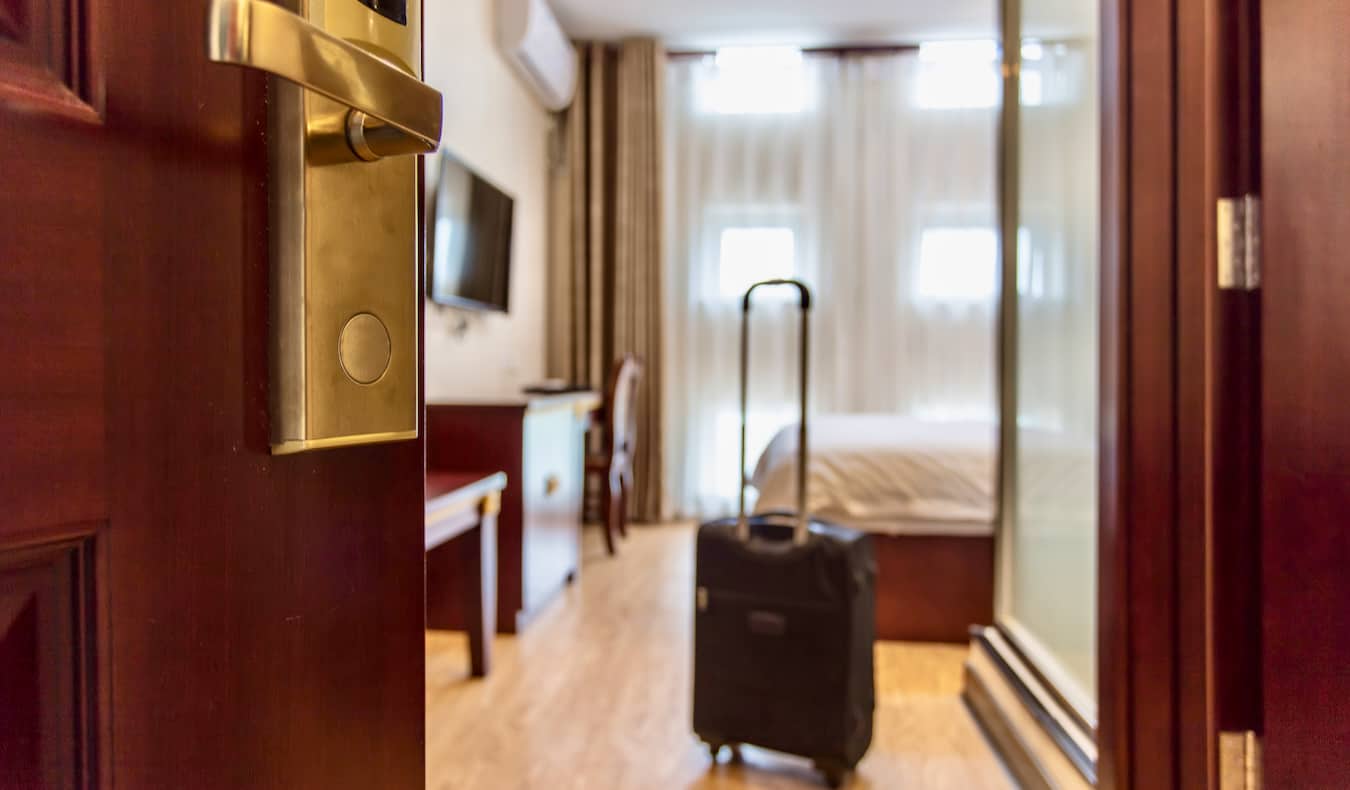
If you’re traveling for under two weeks and have a set schedule, book accommodation for the duration of your trip. If you’re visiting during the high season, it’s also a good idea to book everything in advance. For trips longer than two weeks, I suggest booking only the first couple of nights of your trip. Once there, you may end up wanting to change your plans based on insider advice from other travelers and/or hotel/hostel staff. I prefer having flexibility, so I always just book a few nights and go from there.
Here are my go-to sites when it comes to finding the best deals on accommodation:
- Hostelworld – Hostelworld has the largest selection of hostels and is my go-to site for finding affordable hostels.
- Booking.com – Booking.com is the best overall platform for finding budget hotels and guesthouses.
- Agoda – Agoda has the best results if you’re heading to Asia (though it sometimes has good US deals too).
I recommend checking the cancelation policy of wherever you book. I like having the flexibility to cancel if something comes up.
If you’re on a tight budget or you want to connect with more locals during your travels, consider joining platforms like Couchsurfing or BeWelcome. These communities allow travelers to stay with residents for free as a sort of cultural exchange.
Long-term travelers can also try housesitting or WWOOFing as well, as they both offer free accommodation (in exchange for pet sitting or farm work, respectively).
2 Months Out: Plan Your Activities
Now it’s time for the fun part of travel planning! That means reading books about your destination, learning general travel tips, connecting with online communities, and pre-booking any necessary activities.
Pre-booking ensures you don’t miss out on things that you really want to do on your trip. If you’re going to a popular destination, tours and activities fill up quickly, and if you’re going to a smaller place, activities or tours might only run on certain days and have limited availability.
Either way, Get Your Guide the best place to search for and pre-book activities, tours, and tickets. Local tour operators and attractions can list their offerings on this online marketplace, so you can find tons of stuff here, from food tours to museum tickets with skip-the-line entry.
1 Month Out: Get Travel Insurance
Get travel insurance. That way, these purchases are protected should something happen that makes you cancel your trip.
A lot of people think, “I’m healthy. I don’t need travel insurance.” But travel insurance is much more than just medical protection. It covers you when your camera breaks, your flight is canceled, a family member dies and you have to come home, or something gets stolen. (That’s why you’ll also want to familiarize yourself with any common travel scams to look out for, as well as how to conduct yourself in order to blend in to avoid looking like a target for petty theft.)
Yes, it’s an added expense. But it’s always better to be safe than sorry. I never leave home without it, because I’ve seen firsthand just what can happen on the road.
I never thought I would pop my eardrum while I was scuba diving in Thailand, break my camera in Italy, or get knifed in Colombia.
Unfortunately, bad things can happen when you’re traveling. True, these events are few and far between. But they can cost tens of thousands of dollars. If you’re not prepared to pay out of pocket, buy travel insurance.
Here are some posts on travel insurance to get you started:
I never leave home without travel insurance. You shouldn’t either.
7 days out: Pack!
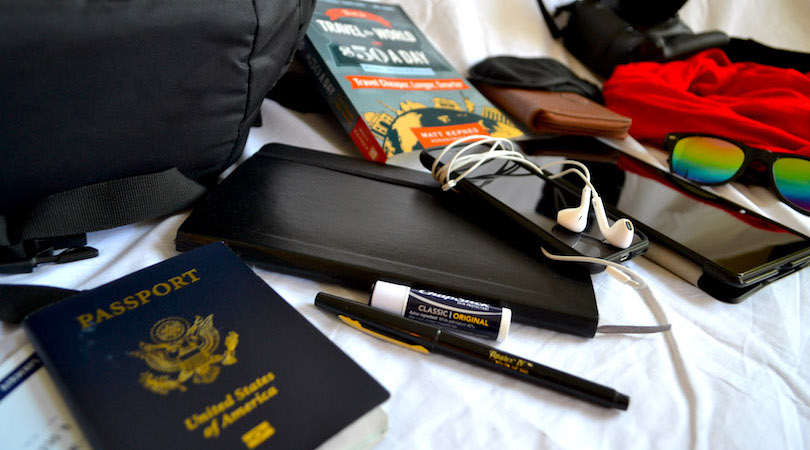
Your trip is almost here, and it’s time to pack! It can be tempting to want to bring everything with you “just in case.” But when it comes to travel, less is more. While what you pack will depend on where you are going, remember that you don’t need to take everything you own. You can buy things you need and do laundry on the road. At the end of the day, you have to carry everything you bring. So bring less!
I travel with a 45L REI bag and then a smaller day bag. Here’s my suggested packing list to help you take just the right amount of stuff and avoid overpacking (here’s a list for female travelers).
Additionally, bring any prescriptions you need for the duration of your trip. Try not to rely on filling those abroad (though bring a prescription and doctor’s note just in case).
With everything taken care of, it’s time to go on your trip and have fun! Make a list of last-minute items you need to pack the day of (your toothbrush, glasses, phone charger, etc.) and check in online beforehand (you can do so 24 hours in advance). (If you’ve got lounge access through a premium travel rewards card, you might find yourself looking forward to getting to the airport early.)
If you’re feeling nervous, don’t worry. That’s perfectly normal. Feeling anxious or unsure is something every traveler experiences. But you’ve made it this far. Trust your planning and follow your instincts. You’re about to have the trip of a lifetime.
Book Your Trip: Logistical Tips and Tricks
Book Your Flight
Find a cheap flight by using Skyscanner. It’s my favorite search engine because it searches websites and airlines around the globe so you always know no stone is being left unturned.
Book Your Accommodation
You can book your hostel with Hostelworld. If you want to stay somewhere other than a hostel, use Booking.com as it consistently returns the cheapest rates for guesthouses and hotels.
Don’t Forget Travel Insurance
Travel insurance will protect you against illness, injury, theft, and cancellations. It’s comprehensive protection in case anything goes wrong. I never go on a trip without it as I’ve had to use it many times in the past. My favorite companies that offer the best service and value are:
Want to Travel for Free?
Travel credit cards allow you to earn points that can be redeemed for free flights and accommodation — all without any extra spending. Check out my guide to picking the right card and my current favorites to get started and see the latest best deals.
Need Help Finding Activities for Your Trip?
Get Your Guide is a huge online marketplace where you can find cool walking tours, fun excursions, skip-the-line tickets, private guides, and more.
Ready to Book Your Trip?
Check out my resource page for the best companies to use when you travel. I list all the ones I use when I travel. They are the best in class and you can’t go wrong using them on your trip.

